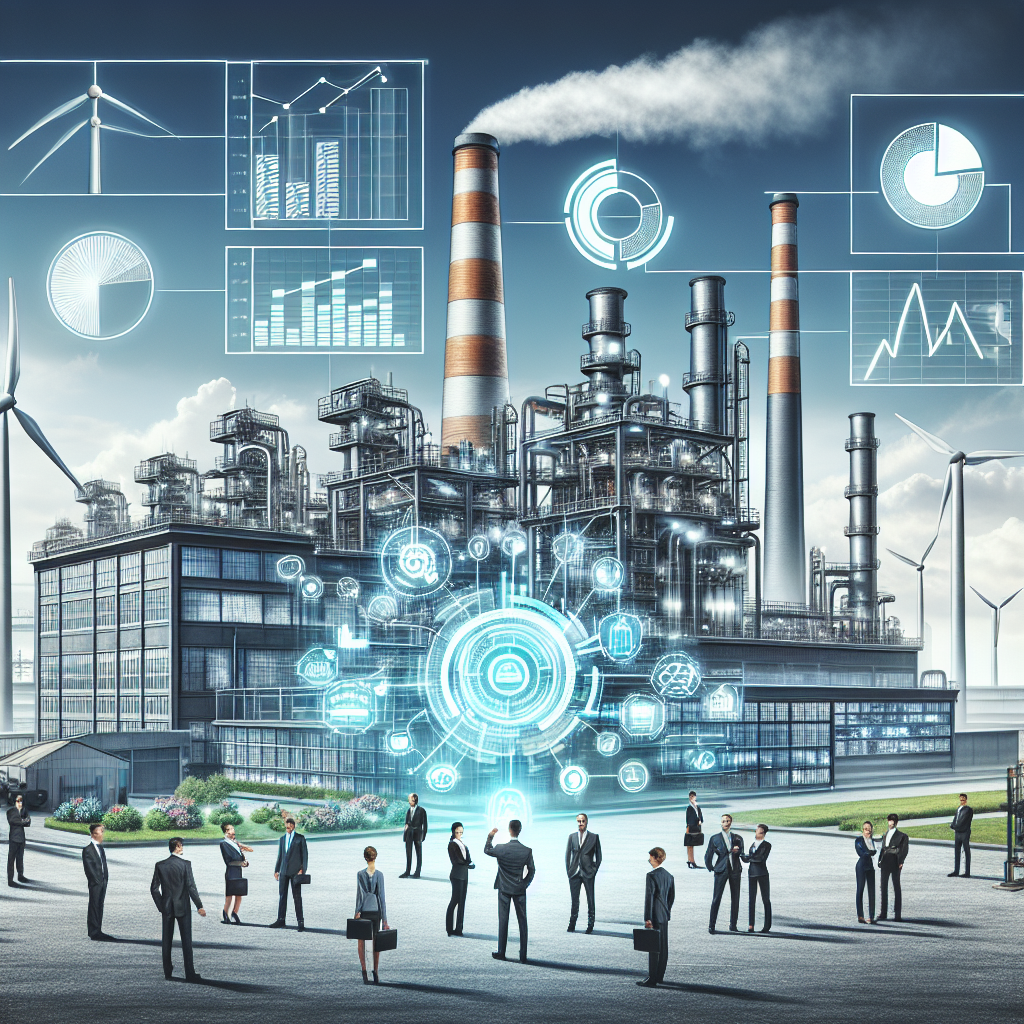U.S.-Japan Collaborations Signal New Era in Economic and Technological Ventures
The U.S. and Japan are exploring collaborations in critical minerals, AI, and various sectors, with 20 companies showing interest. Significant investments include Tokyo's $550 billion plan in U.S. infrastructure, including nuclear reactors, shipbuilding, and power systems. Both countries aim to secure rare earth supplies amidst geopolitical tensions.

The United States and Japan have unveiled potential collaborations in pivotal sectors, with 20 companies expressing interest during discussions between President Donald Trump and Prime Minister Sanae Takaichi. These projects could be part of Tokyo's $550 billion investment in the U.S., a move tied to a larger trade agreement.
Securing supply chains for rare earths and critical minerals is a top priority, following China's tighter export controls. This development has seen Washington considering tariffs on Chinese goods. Companies such as Falcon Copper are eyeing opportunities in copper smelting, fertilizer production, and lithium-iron-phosphate manufacturing, with planned investments totaling $6.45 billion.
The agreement further calls for an expansion of U.S. shipbuilding capacity and joint efforts in power infrastructure, including nuclear energy projects potentially worth $100 billion. Meanwhile, Japan plans to increase its purchases of U.S. soybeans, offsetting trade imbalances from China's reduced purchases.
ALSO READ
-
Japan and U.S. Forge Strategic Nuclear and Rare Earths Deal to Counter China's Dominance
-
Japan and U.S. Forge Strategic Alliance on Rare Earths and Nuclear Ventures
-
China Calls for U.S.-Japan Relations to Foster Regional Stability
-
U.S. and Japan Seal Rare Earths Deal to Curb China's Grip
-
US and Japan Forge Alliance on Rare Earths Supply Chain









